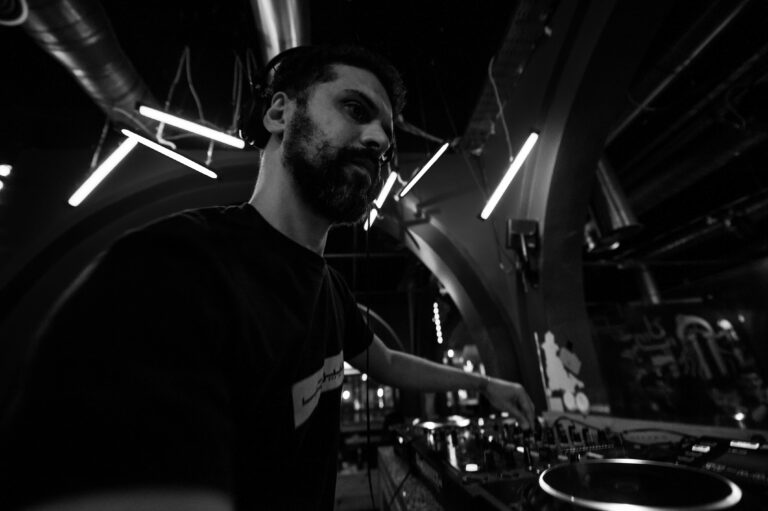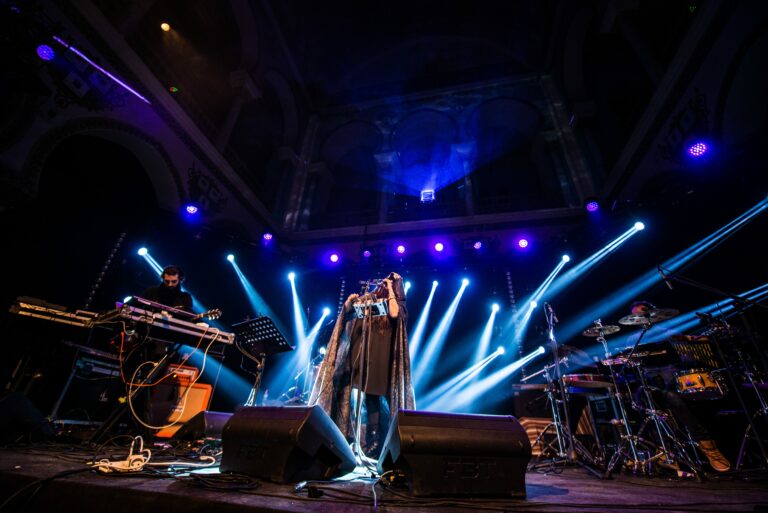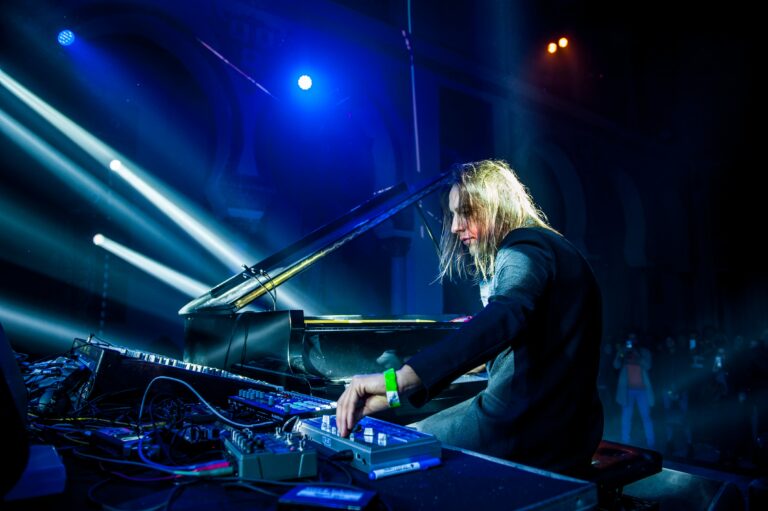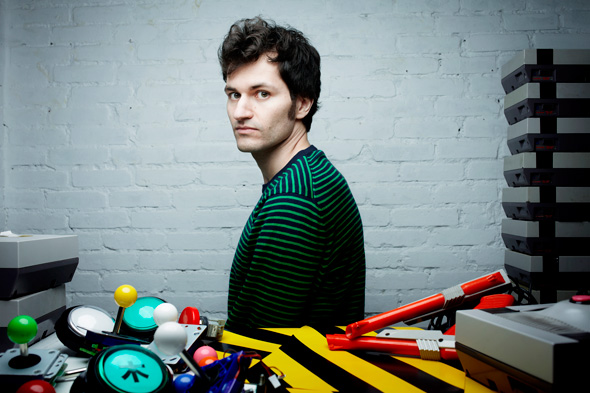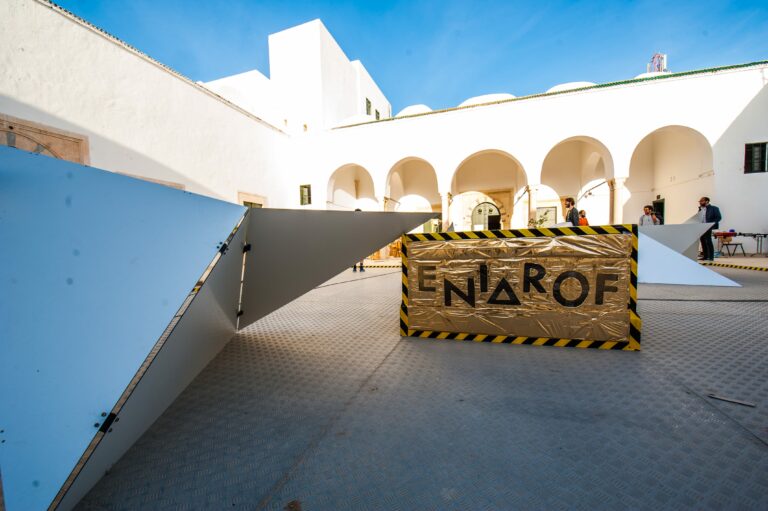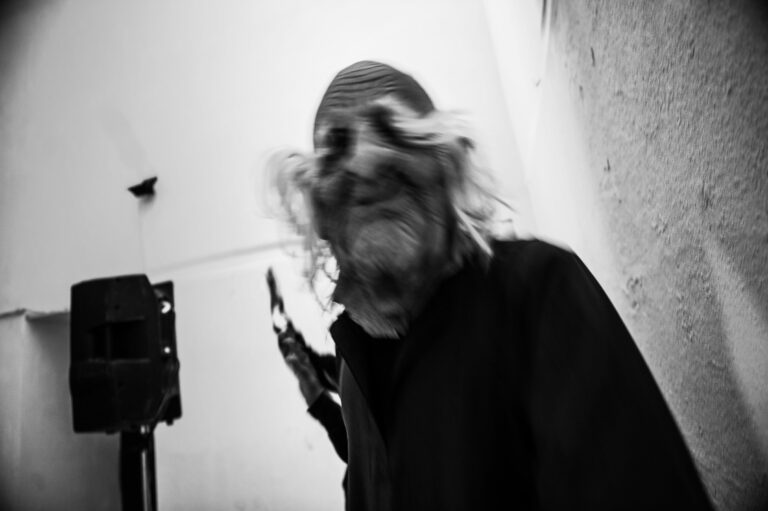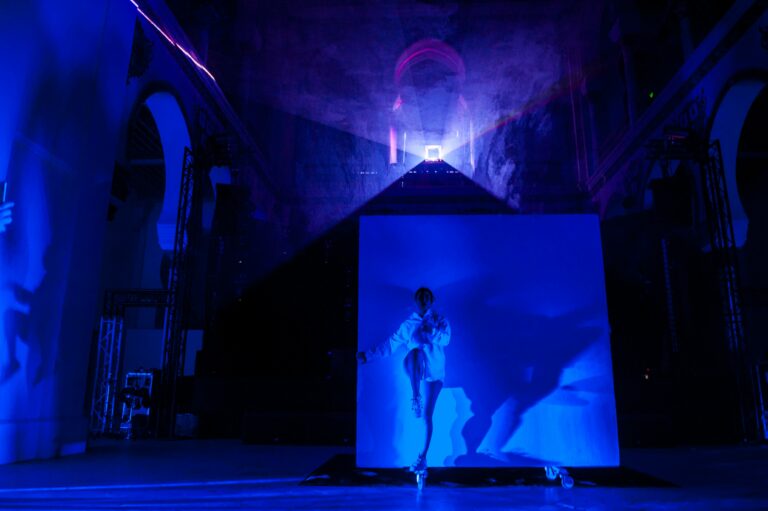
This year, from November 30 to December 3, the 11th edition of Efest will be held.
Faithful to its identity, the festival is pursuing its approach of supporting and transmitting skills, prioritizing and editorializing its content, with a cross-disciplinary program combining creative residencies, production, exhibitions and distribution.
The 2017 edition will be placed under the signs of creation and collaboration.
The first residency collaboration between Efest and Dar Eyquem, for an original creation featuring international artist Hindi Zahra, accompanied by two prolific Tunisian artists of the moment, Skander Besbes and Saifeddine Helal.
This is the first collaboration between Efest and artists Antonin Fourneau and Niklas Roy, for the organization of an ENIAROF Tunis, which we wanted to have a North/South dimension. Artists, students, hackers, gamers, programmers and electronic tinkerers from France, Germany and Tunisia will come together around collaborative projects mixing retrogaming, recycling and electronic circuits. The final result will take the form of a festive exhibition that is both futuristic and in keeping with the original innovative spirit of the funfairs of yesteryear.
The 2017 edition will also be marked by the return of Electron Libre programming to the Acropolium de Carthage, the historic Efest venue that saw its birth in 2007.
The Palais Abdaliya, another emblematic venue occupied by the project, will again this year be our space for digital exhibitions, residencies, workshops and conferences.
For night owls and other late-night enthusiasts, a closing program is scheduled for Sunday to satisfy their appetites.
In all, over thirty national and international artists will be present.
Over the years, Efest has occupied a variety of public and private spaces, always with the same ambition: to offer audiences and artists alike the chance to discover and experiment with digital artistic practices that may or may not be represented in Tunisia. The opportunity to choose, listen, see and experiment with other creative universes.
We’ve charted our course with a view to supporting contemporary digital creation, questioning disciplines and breaking down barriers by cross-fertilizing the artistic skills present in Tunisia.
Decompartmentalization also means decentralization.
The Efest team, supported by Tfanen Tunisie créative, will be running a second initiative in parallel this year, called No Logo. A decentralized project of transmission and collaboration, it takes the form of a mobile, ephemeral art center set up in the public space.
Hosting activities involving regional artists and digital creations, No Logo will be presented to the public next spring in the form of a tour through Le Kef, Gafsa and Gabès.
Efest will continue to invent itself each year, questioning and modulating itself in keeping with the times, far from clichés and ready-made formats. The creative revolution is everyone’s business: artists, engineers, designers and creative people are seizing it, and it’s now up to the public to seize it.
Afif Riahi
